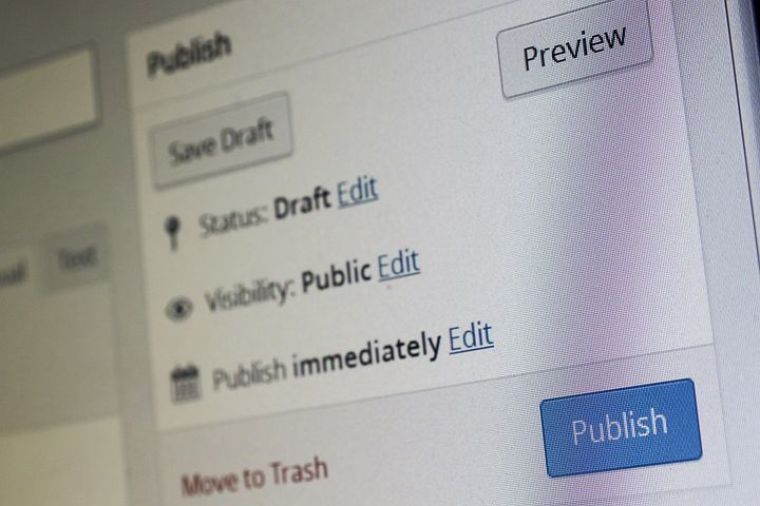
In the last month, how many times have you undone something? Whether that’s undo on a document, unsend on a messaging app, or even backspacing?
I’ve probably done this at least twenty times in the last month. Now that’s all the times I can remember. This doesn’t include all the times I’ve intentionally talked myself out of unsending messages, which is a lot!
It is so easy to undo something these days.
Pressing Ctrl + Z helps our work become neater. Remember those days in school when you handed in assignments or wrote exams in pen? There was no way to cross out work without your teacher reading it, even the parts you desperately wanted to hide.
Similarly, sometimes we accidentally send the message to the wrong person. And a few years ago, we would have to follow up with, “sorry, I sent this to the wrong person (or group).”
Sometimes we want to unsend a message because we incorrectly phrased the sentence or regret sharing something too personal.
And while being able to “undo” things in our lives can be beneficial and convenient, we become careless and carefree. We may send messages or do things too quickly.
We regret our decisions. But are temporarily saved by the ‘undo’.
Or perhaps we over apologise for something we never had to in the first place.
The truth is our thoughts and intentions can never be undone.
What is done is done.
On apps, the “you deleted this message” or “you unsent a message” remains.
And while there is nothing wrong with spontaneously sending messages. We cannot further permanently erase unsent messages. It remains in the conversation and leaves a mark in our memories.
What if we could never unsend a message again? Are we ready to live with the consequences of our words and actions?
Realising our actions’ impact
I believe we all eventually understand the pain we inflict on others when we send harsh messages in the spur of the moment. We also carry the burden when we realise the hurt it brought on our friend, colleague, family, or stranger.
We promise ourselves we will never do it again.
But that is usually short-lived. Our emotions get the better of us.
So how do we live without regrets? And how can we live genuinely without feeling guilty?
Five tips to not unsend that message
1. Prayerfully consider the situation.
Ask what Jesus would do in your situation – would he hold his tongue or point others to the truth?
Then consider how others would feel and how you would feel if you were on the receiving end of the message.
2. Be vulnerable with people.
Be the first person to honestly share your opinions and feelings. This opens the conversation for others to share and helps us to know them deeply.
We have nothing to be ashamed of when we have nothing to hide. In understanding and empathy comes the sound judgment of what to do.
3. Know your identity.
When we know our triggers and sensitivities, we can better manage ourselves independently.
Similarly, when we know our worth and wholeness in God, we won’t try to please others or nervously wait for the other person to respond. We are freed from the trap of others’ words.
4. Be at peace with the consequence.
We associate consequences with a negative connotation. However, consequences are not always bad. They help us grow in maturity as we understand what to do and not to do.
We need to learn to see consequences in a positive light, knowing it is for our good. Then when we desperately want to unsend the message, we can peacefully acknowledge our mistake.
5. Live in the present.
What is done cannot be undone. So, focus on what you can do now. How can I rectify any broken relationships? Channel any disappointment or anger towards yourself to take action to move on.
Acknowledge what happened and write a mental checklist of what you can do next time.
Understand God’s love for you and reflect that same love on yourself and others.
Unsending a message is an easy way to escape and avoid humiliation. It’s a way to cover our weaknesses.
God did not offer us to live in denial and hide from reality.
So next time you’re considering unsending a message, remember God’s gracious offer of love and forgiveness covers all the emotions you may be experiencing.

Stephanie enjoys simple living, admiring nature’s beauty and intricacy, and playing the piano. She is particularly passionate about empowering the vulnerable. Writing is her way of processing thoughts and feelings to understand herself, God and the world in a deeper and more meaningful way.